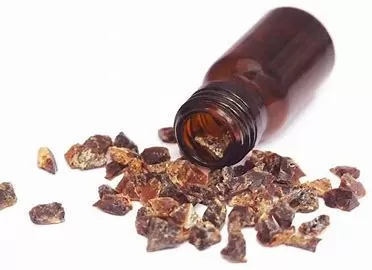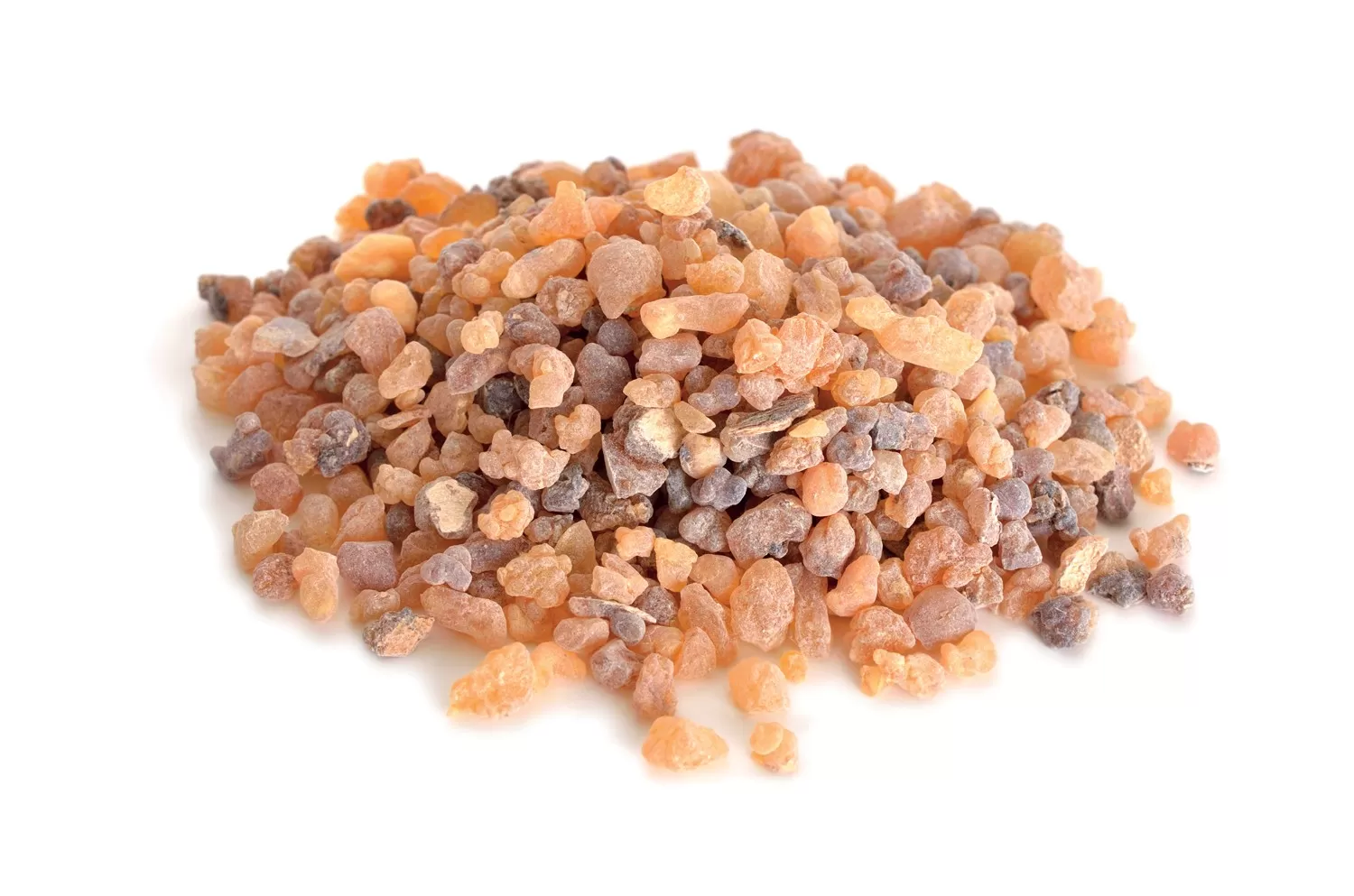- 0086-571-85302990
- sales@greenskybio.com
The Safety of Boswellia for Kidney Health: A Comprehensive Overview
2025-03-24
Boswellia, derived from the resin of Boswellia serrata trees, has gained recognition for its potent anti-inflammatory and therapeutic properties. Widely used in traditional medicine to treat arthritis, asthma, and inflammatory bowel conditions, Boswellia has become a popular dietary supplement for its natural health benefits. While Boswellia is well-regarded for its effectiveness, concerns have emerged regarding its safety for individuals with kidney issues or those at risk of kidney-related complications. This article provides an in-depth analysis of whether Boswellia is safe for kidney health and discusses its potential impact on renal function.
Understanding Boswellia and Its Benefits
Boswellia resin contains bioactive compounds known as boswellic acids, which exhibit anti-inflammatory, analgesic, and antioxidant properties. These benefits have made Boswellia a sought-after remedy for inflammation-related conditions. Studies have demonstrated its ability to inhibit pathways like 5-lipoxygenase (5-LOX) and nuclear factor kappa B (NF-kB), both of which contribute to inflammation and disease progression. As a result, Boswellia is commonly used to alleviate joint pain, improve gut health, and enhance respiratory function.
However, when considering any herbal supplement's safety, it is vital to assess its potential effects on various organ systems, including the kidneys, which play a crucial role in detoxification and maintaining overall homeostasis.
The Kidneys: A Vital Role in Health
The kidneys are essential organs responsible for filtering waste products, balancing electrolytes, and regulating fluids within the body. Being exposed to a myriad of compounds from food, medications, and supplements, the kidneys must process and excrete the byproducts of these substances. Certain compounds can place undue stress on the kidneys, potentially leading to toxicity and impaired function.
As Boswellia supplements grow in popularity, questions have been raised about their renal safety, particularly for individuals with pre-existing kidney conditions or those taking other medications that may impact kidney health.
Boswellia and Kidney Function: The Evidence
Studies examining Boswellia’s safety profile have largely focused on its effectiveness in addressing inflammation and pain, but limited research has directly investigated its effects on kidney health. Available evidence suggests that Boswellia is generally well-tolerated and does not typically pose a risk to kidney function for healthy individuals. However, there are nuances that warrant consideration:
Anti-inflammatory Benefits for the Kidneys
Chronic inflammation can adversely affect kidney health, contributing to conditions such as diabetic nephropathy and glomerulonephritis. Boswellia’s anti-inflammatory properties may, in theory, provide protective benefits for the kidneys by reducing inflammation and oxidative stress, which are common contributors to kidney damage. Its ability to modulate inflammatory pathways could make it advantageous for individuals with systemic inflammation that impacts renal health.
Potential Nephroprotective Effects
Preliminary research suggests Boswellia may exert nephroprotective effects under certain conditions. Animal studies have indicated that Boswellia can reduce oxidative stress markers and improve kidney parameters in models of toxic kidney injury. These findings focus on Boswellia's antioxidant capabilities, which may protect kidney cells from free radical damage.
Risk of Herb-Drug Interactions
One area of concern is the potential for Boswellia to interact with medications commonly prescribed to individuals with kidney disease, such as diuretics, blood pressure medications, or immunosuppressants. Herb-drug interactions may magnify the burden on the kidneys or alter the effects of prescribed treatments. For example, Boswellia’s anti-inflammatory mechanisms could interact with medications aimed at reducing inflammation, leading to unforeseen side effects.
Lack of Comprehensive Human Clinical Trials
Despite promising findings from animal studies, there is a lack of large-scale clinical trials assessing Boswellia’s impact on human kidney health, particularly in individuals with kidney disease. This gap underscores the need for caution, especially in populations at greater risk for renal complications.
Precautions for Individuals with Kidney Concerns
While Boswellia is generally regarded as safe, the following precautions are recommended for individuals with kidney-related issues or concerns:
Consult a Healthcare Provider. Before incorporating Boswellia into your regimen, seek advice from a healthcare professional, especially if you have chronic kidney disease or are taking medications known to stress the kidneys.
Monitor Renal Function. Regular monitoring of kidney function through blood tests (e.g., creatinine and blood urea nitrogen levels) is essential when using any herbal supplements, including Boswellia.
Assess Potential Interactions. Discuss all medications and supplements with a healthcare provider to identify any potential herb-drug interactions that may affect renal health.
Choose High-Quality Products. Ensure you select Boswellia products from reputable manufacturers that adhere to rigorous testing for purity and potency to minimize exposure to harmful contaminants.
Start with Low Doses. Begin with the lowest effective dose of Boswellia to evaluate your body’s tolerance and minimize potential adverse effects.
Conclusion
Boswellia has emerged as a powerful anti-inflammatory supplement with the potential to provide numerous health benefits, including protection against conditions impacted by chronic inflammation. While available evidence suggests that Boswellia is generally safe for kidneys in healthy individuals, limited research and potential herb-drug interactions highlight the importance of caution for those with pre-existing kidney conditions.
Individuals with kidney concerns should approach Boswellia supplementation carefully, prioritizing consultation with healthcare providers to ensure safe and effective use. As research on Boswellia and its effects on kidney health progresses, a clearer understanding of its role within the context of kidney safety may emerge. Until then, mindful usage and personalized health assessments remain crucial for mitigating risk and promoting overall well-being.













